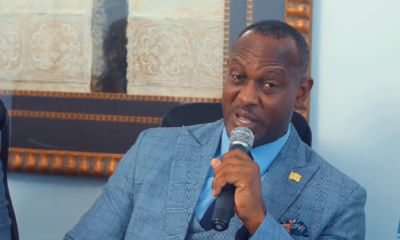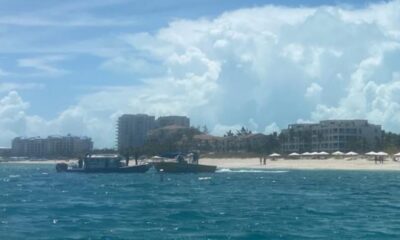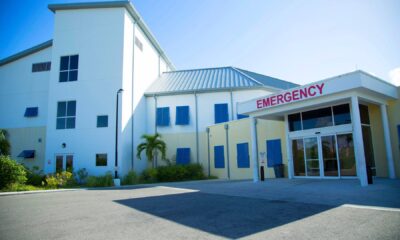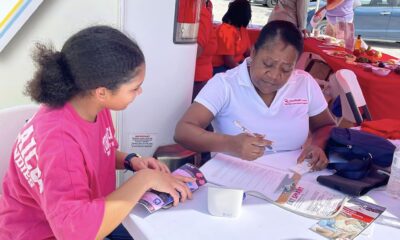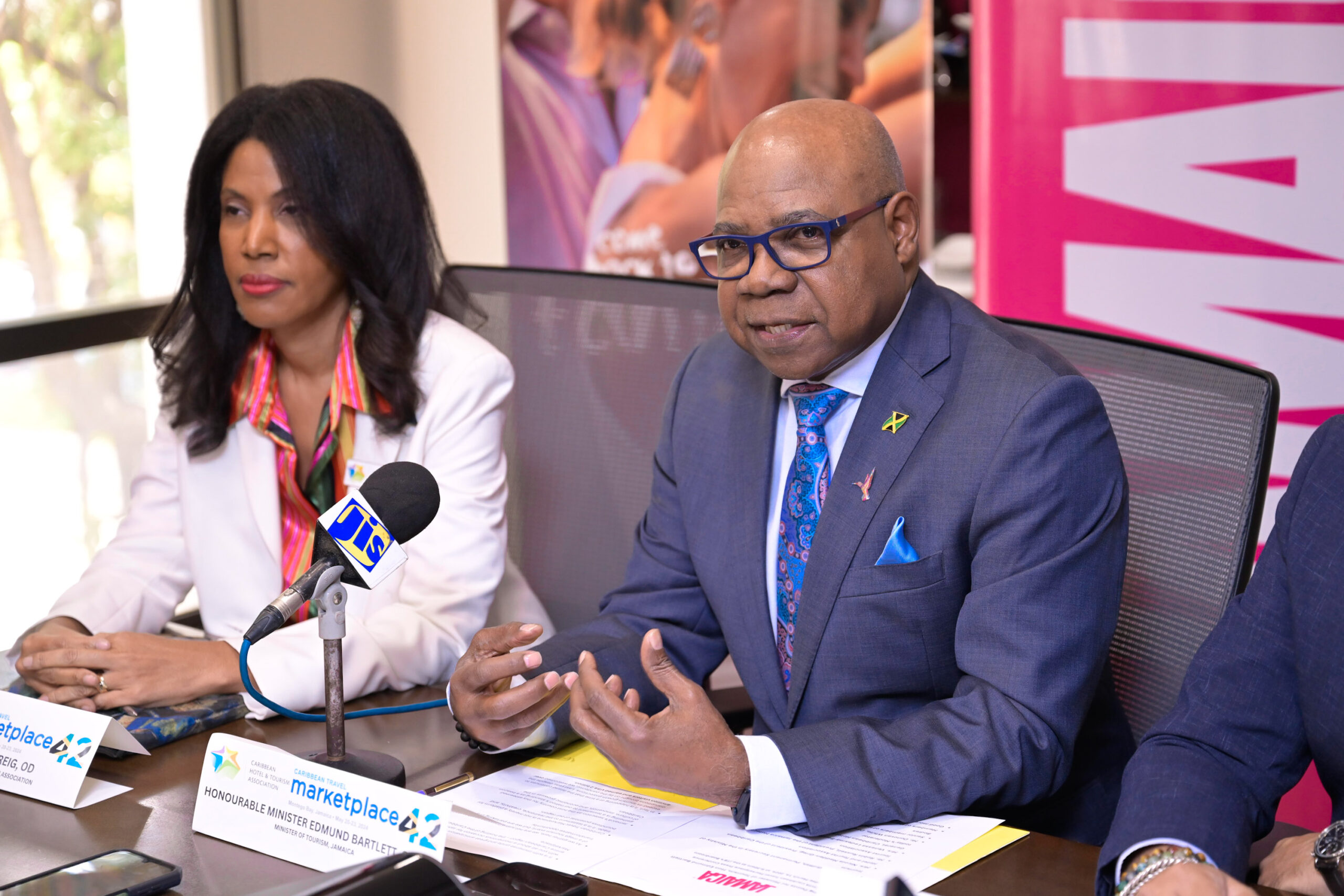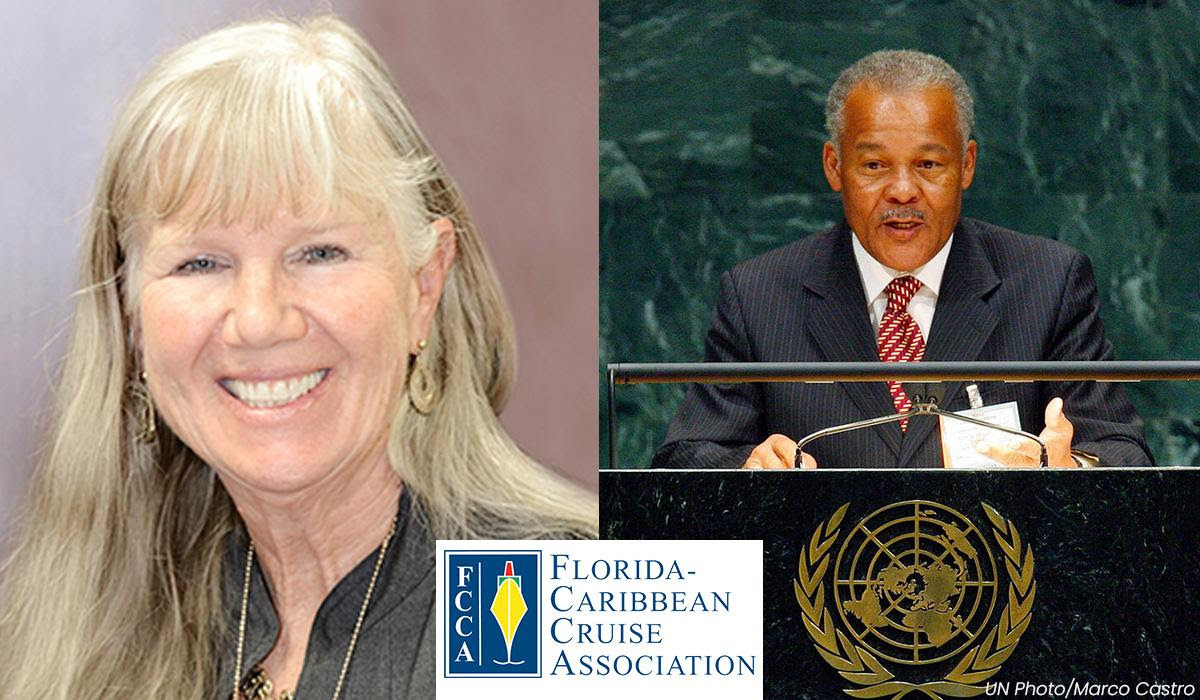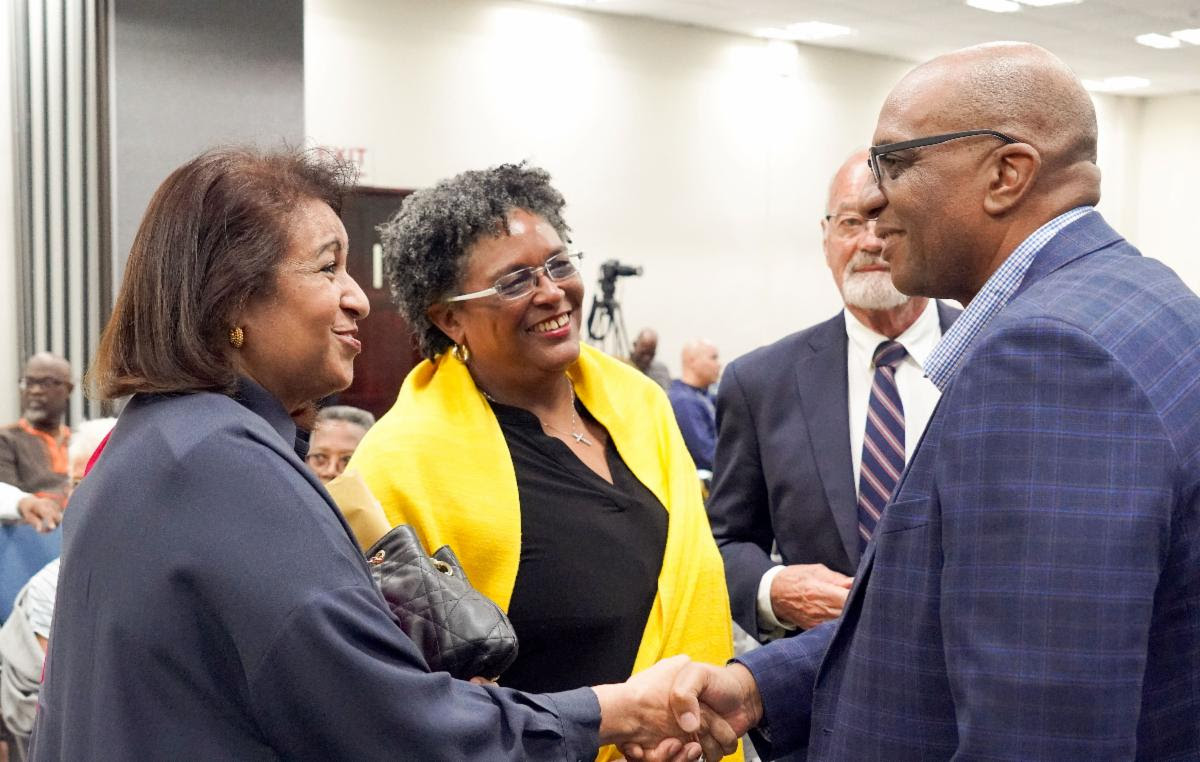Caribbean News
Cancer cases up for Turks and Caicos, 47 new patients reports Hospitals
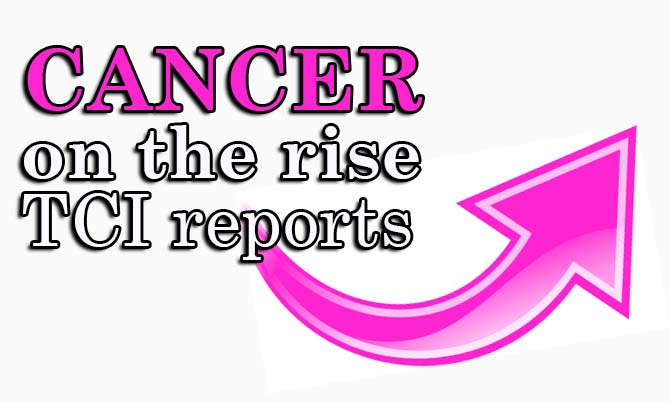
Caribbean News
RECORD VISITOR ARRIVALS AND TOURISM EARNINGS FOR JAMAICA BETWEEN JANUARY AND FEBRUARY 2024
Caribbean News
FCCA launches Owen Arthur Scholarship
Caribbean News
Barbados remembers SIDS process, celebrates the life of Ambassador Miles Stoby
-
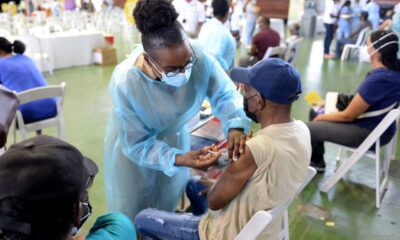
 Health2 days ago
Health2 days agoAstraZeneca withdraws COVID vaccines after millions took their jabs
-
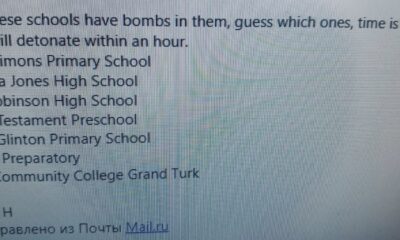
 TCI News4 days ago
TCI News4 days agoBomb Threat No 6. In TEN days
-
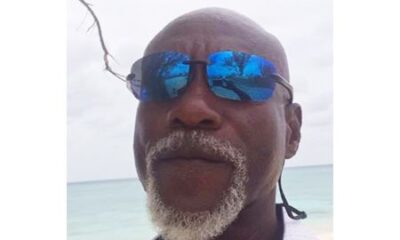
 Crime1 week ago
Crime1 week agoUnlocking Perspectives: Serious Tourist Incidents unveiled in TCI
-
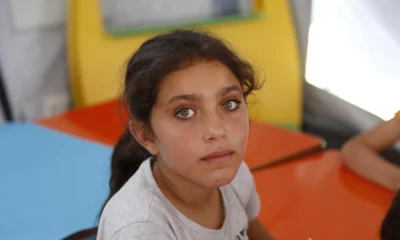
 TCI News1 week ago
TCI News1 week agoRegional SDGs Update; 22% to be reached by 2030
-

 Bahamas News7 days ago
Bahamas News7 days agoRBC appoints new Country Manager and Area Vice President for Turks & Caicos
-
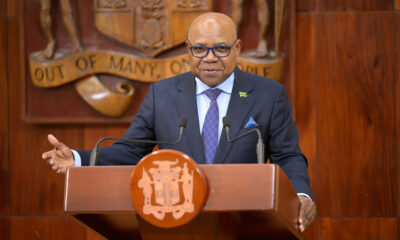
 Caribbean News7 days ago
Caribbean News7 days agoVISITOR ARRIVALS NOT NEGATIVELY AFFECTED BY TRAVEL ADVISORIES KINGSTON, May 1 (JIS):
-
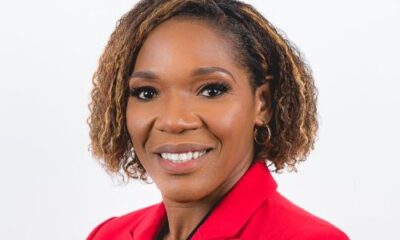
 Bahamas News1 week ago
Bahamas News1 week agoCIBC Caribbean announces the closure of Bay Street Branch
-
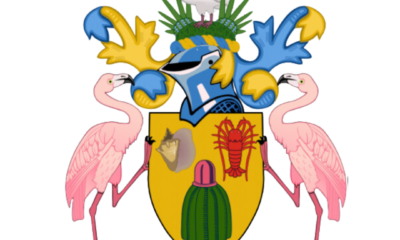
 Bahamas News7 days ago
Bahamas News7 days agoBahamas economic growth

